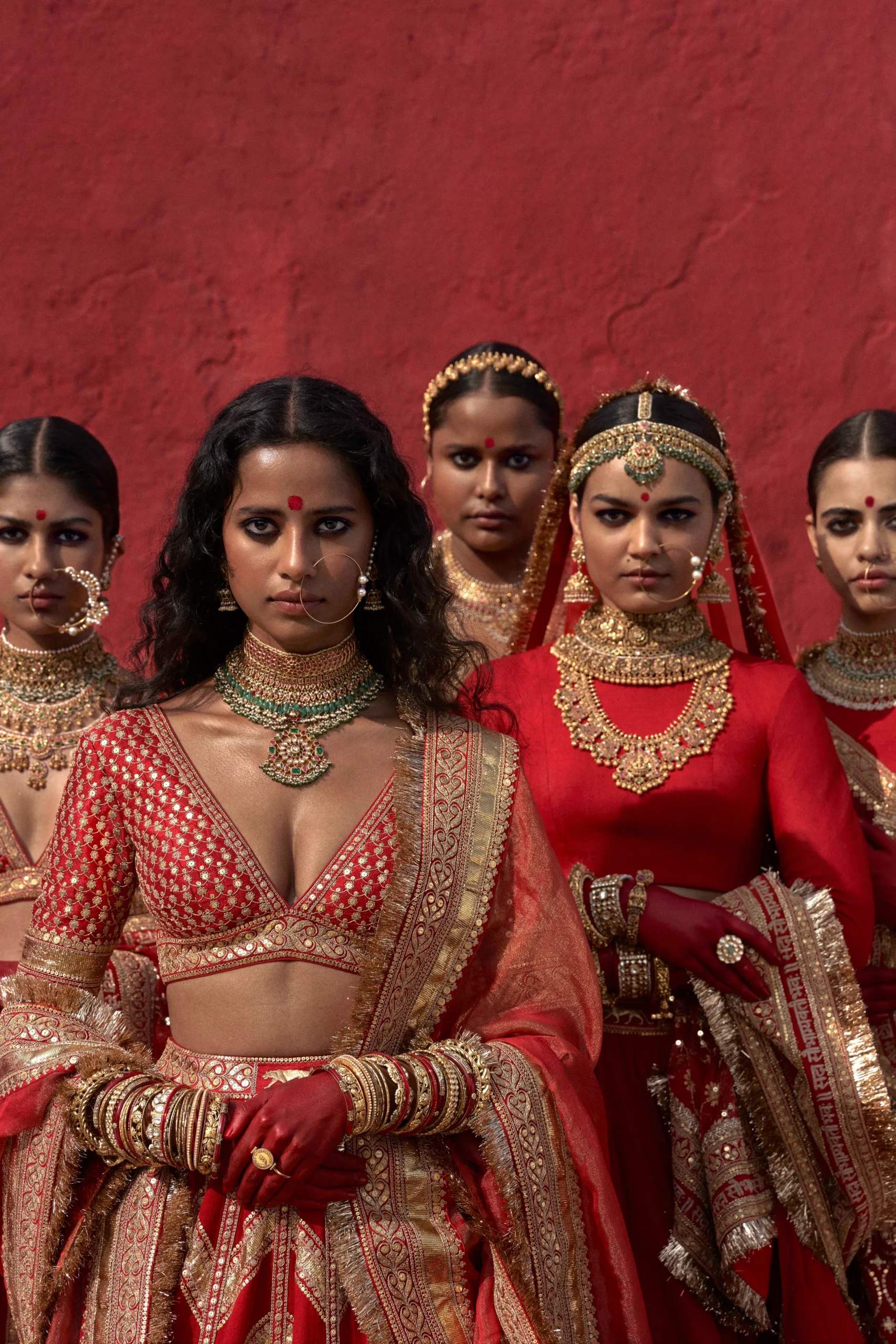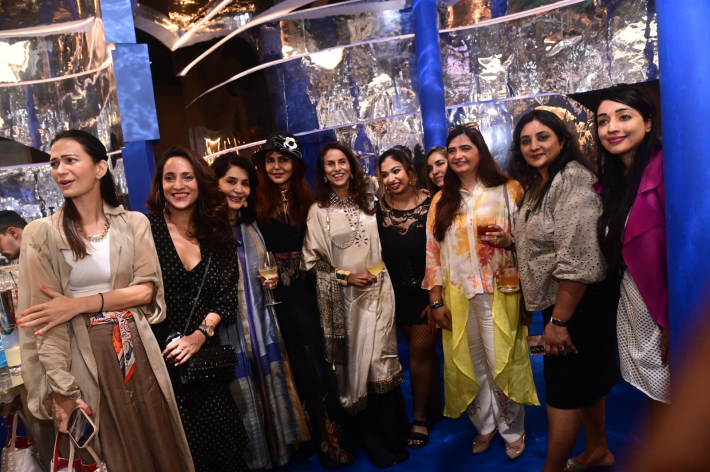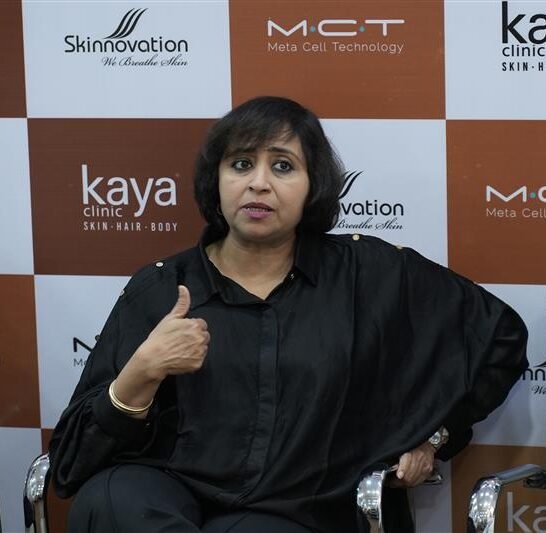Luxury brands have long been synonymous with opulence, exclusivity, and timeless elegance. However, in an era where climate change and environmental degradation loom large, the definition of luxury is rapidly evolving. As global luxury giants embrace sustainability, it’s high time Indian luxury brands step up to the plate. The question is no longer whether luxury brands should practice sustainability, but how swiftly they can integrate it into their core ethos. TheGlitz reports.
Global Green Luxury

Across the globe, luxury brands are redefining their narratives to include sustainability. Leading names like Gucci, Prada, and Burberry have already made substantial commitments to reducing their carbon footprints, sourcing sustainable materials, and ensuring ethical production practices. These brands understand that luxury is not just about exquisite products but also about the responsibility that comes with their creation.

Take Gucci, for instance. The brand has committed to going entirely carbon-neutral across its supply chain, including raw material sourcing. Prada has launched a range of products made from recycled ocean plastics. Burberry is known for its efforts in promoting sustainable fashion through initiatives like its ReBurberry Edit, which includes products made from certified organic materials.
These international trailblazers are setting a high bar for sustainability in the luxury sector, recognizing that the modern luxury consumer is increasingly concerned with environmental impact and ethical practices. It’s no longer just about the allure of the product but also the story behind it. Sustainability has become a vital component of brand value and consumer loyalty.
The Indian Luxury Scene: Lagging Behind
Despite India’s rich heritage in craftsmanship and luxury, its luxury brands have been sluggish in adopting sustainable practices. This lag is perplexing, considering India’s significant role in the global luxury market. With a growing affluent class and an increasing appetite for luxury goods, Indian brands are in a unique position to lead by example in sustainability.
Yet, many Indian luxury brands seem stuck in a time warp, prioritizing short-term profits over long-term ecological impact. The focus remains heavily on aesthetics and exclusivity, often at the expense of environmental considerations. This not only alienates the eco-conscious consumer but also undermines the global shift towards responsible luxury.
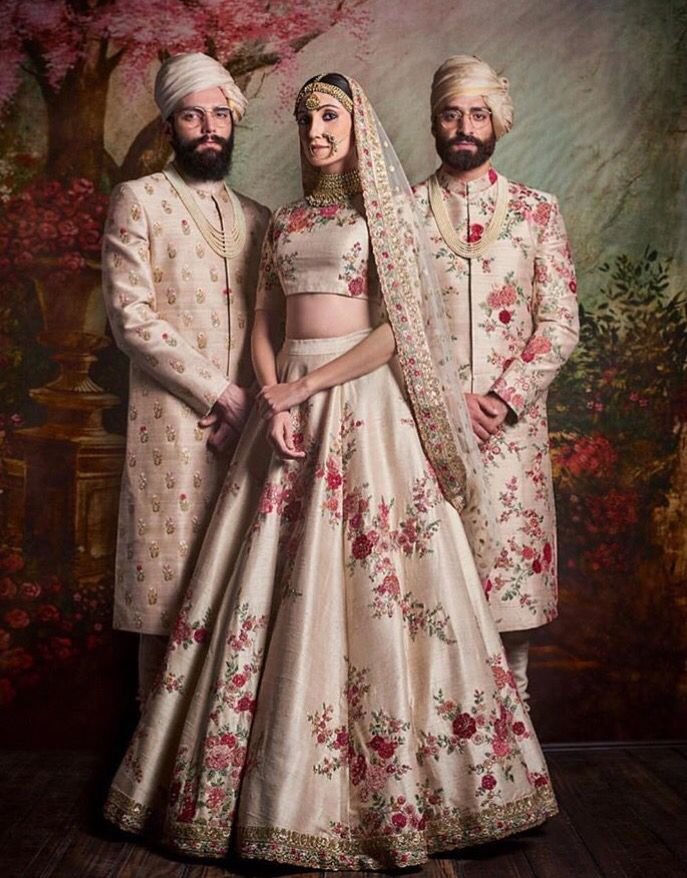
Brands like Sabyasachi and Manish Malhotra, while celebrated for their exquisite designs, could greatly benefit from integrating sustainability into their business models. This isn’t just about using organic fabrics or eco-friendly dyes but about rethinking every aspect of their production and supply chain. It’s about creating a narrative that resonates with the modern consumer’s values of ethical consumption and environmental stewardship.
Why Sustainability is Non-Negotiable
The urgency for Indian luxury brands to adopt sustainable practices cannot be overstated. India, with its vast natural resources and rich biodiversity, is particularly vulnerable to the impacts of climate change. Luxury brands, with their significant economic influence and cultural cachet, have a responsibility to lead by example in protecting the environment.
Sustainability is not just an ethical imperative; it’s a savvy business strategy. Consumers today are more informed and discerning than ever before. They demand transparency, accountability, and a commitment to ethical practices from the brands they support. This shift in consumer behavior is driving the luxury market towards a greener future, and brands that fail to adapt risk being left behind.
Incorporating sustainability can also open up new markets and opportunities for growth. Eco-conscious consumers are willing to pay a premium for products that align with their values, creating a lucrative market segment for luxury brands. Moreover, sustainable practices can lead to cost savings in the long run through efficient resource use and waste reduction.
Learning from the Best

Indian luxury brands can learn a great deal from their international counterparts. Take Stella McCartney, a brand that has built its entire identity around sustainability, using only eco-friendly materials and ethical production methods. Hermès has introduced a collection made from mushroom-based leather, showcasing innovation in sustainable material use.
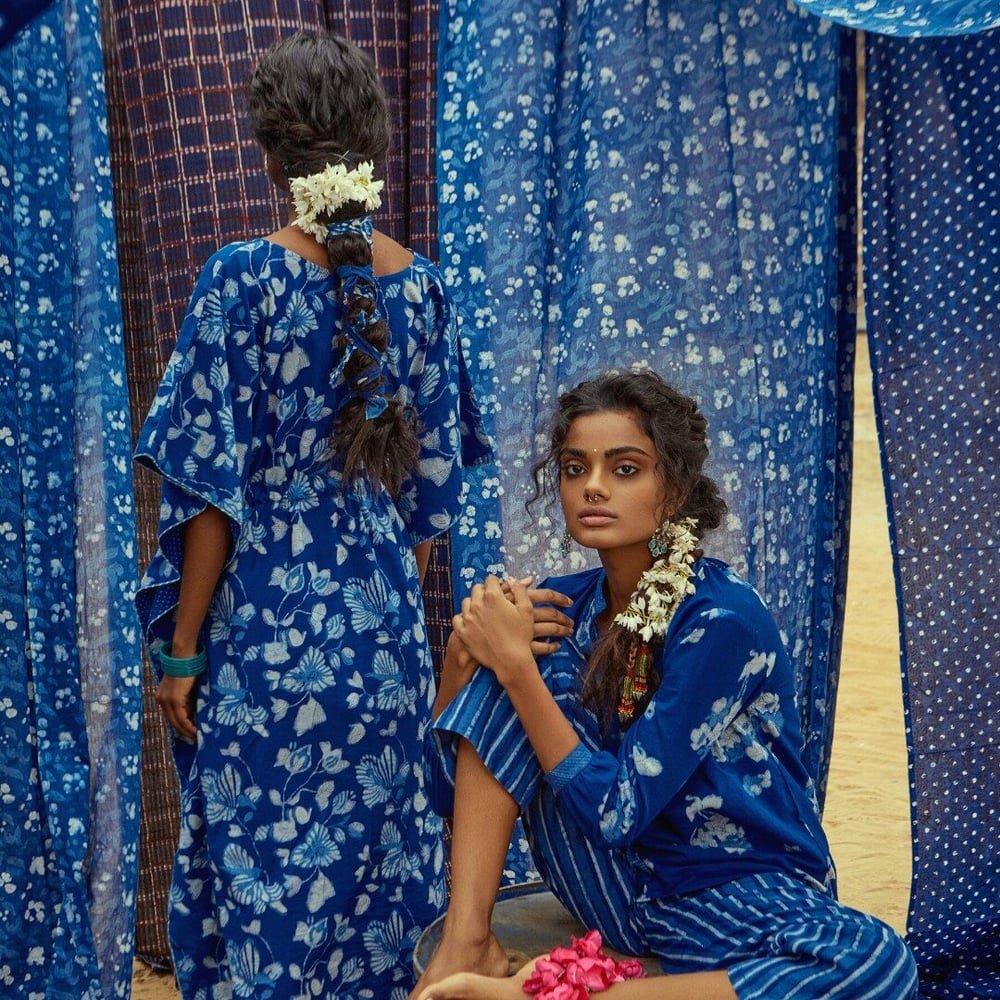
Closer to home, FabIndia has set a remarkable example by prioritizing sustainable and ethical production practices, supporting local artisans, and promoting traditional craftsmanship. This model not only champions sustainability but also preserves cultural heritage and supports local communities.
These brands demonstrate that sustainability and luxury are not mutually exclusive. Instead, they complement each other, creating a richer, more meaningful brand experience that resonates deeply with consumers.
A Call to Action
It’s time for Indian luxury brands to rethink their approach and embrace sustainability with the same passion they pour into their designs. This means committing to eco-friendly materials, ensuring fair labor practices, and reducing their carbon footprints. It means telling a story that is not just about opulence but also about responsibility and respect for our planet.
Indian luxury brands have a unique opportunity to lead the way in sustainable luxury, drawing on their rich cultural heritage and craftsmanship to create products that are not only beautiful but also kind to the environment. By embracing sustainability, these brands can redefine what it means to be truly luxurious in the 21st century.
The luxury sector in India is at a crossroads. By choosing to prioritize sustainability, Indian luxury brands can not only align with global trends but also tap into a growing market of conscientious consumers. The time to act is now, and the future of luxury depends on it. Let’s make Indian luxury synonymous with sustainability, setting a precedent for the rest of the world to follow.
